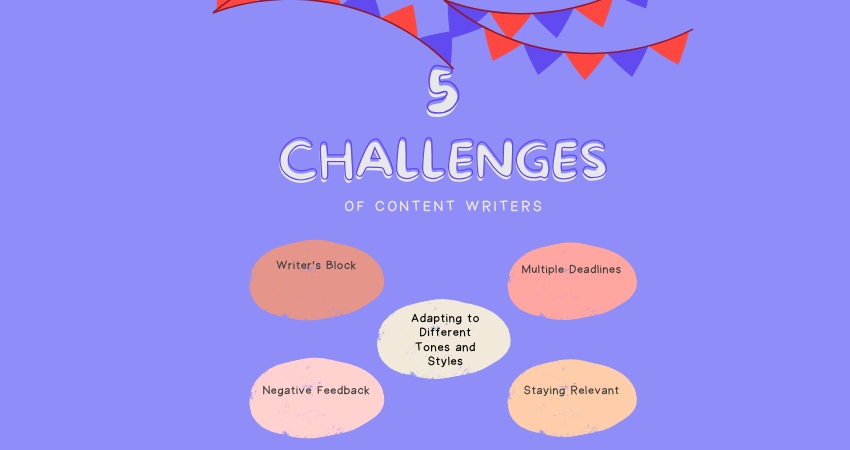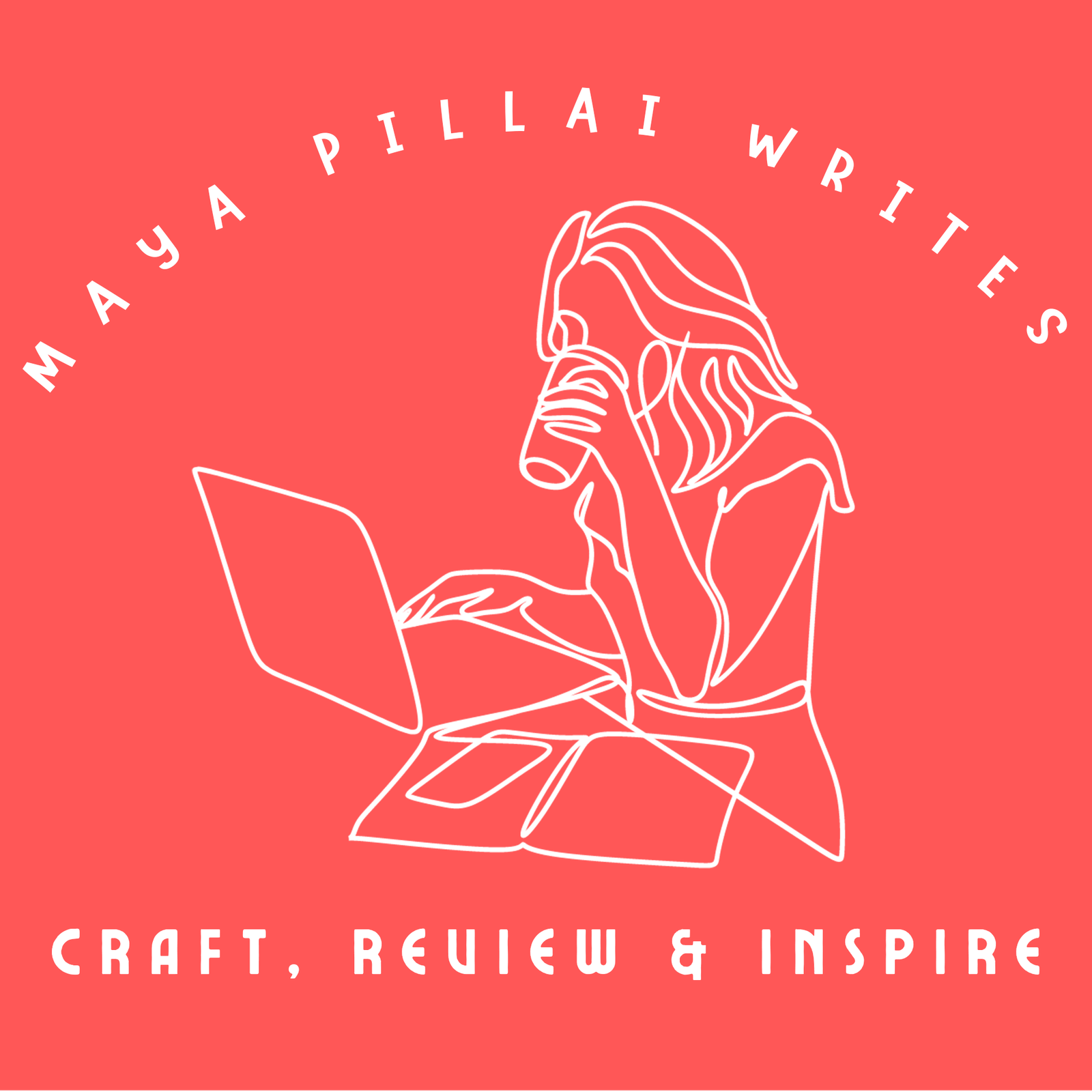What Makes Great Writing Truly Stand Out

Great writing goes beyond perfect grammar and clear structure. It creates an experience that lingers in the reader’s mind long after they’ve finished reading. While good writing serves its purpose by presenting information in a clear and polished manner, great writing does so much more—it connects, captivates, and leaves a lasting impact. Let’s uncover what sets exceptional writing apart and how you can craft work that truly resonates. The Difference Between Good and Great Writing At its core, good writing is dependable. It gets the point across, keeps the reader interested, and avoids unnecessary fluff. Think of good writing as the sturdy bridge that takes you from point A to point B without any hiccups. It’s the blog post that explains a concept clearly, the email that communicates effectively, or the story that entertains. Now, great writing? It’s the kind of bridge that makes you stop halfway, admire the view, and remember the journey forever. It doesn’t just deliver—it leaves an imprint. Great writing doesn’t settle for being understood; it aims to be felt. Here’s the breakdown. Good writing is functional: It informs, explains, or entertains. Great writing is emotional: It engages, inspires, and lingers in the mind. Good writing serves a purpose: It’s clear and concise. Great writing transcends purpose: It tells a story, creates a connection, and sparks thought. Simply put, good writing does its job well, but great writing transforms the ordinary into something unforgettable. Why the Difference Matters The digital landscape is overflowing with content, yet only a small fraction truly leaves a mark. The difference between good and great writing often becomes the tipping point for lasting impact. Readers aren’t just looking for information—they’re searching for authenticity, creativity, and a connection that feels real. Good writing can get you noticed. It might grab a moment of attention, perhaps even a nod of approval. But great writing? That’s what builds trust. It’s the kind of writing that stays with readers, earning their loyalty and inspiring action. It has the power to influence perspectives, spark conversations, and create lasting bonds. Think about the books, articles, or blogs you hold close to your heart. They weren’t just grammatically correct or well-structured—they spoke to you. They had that spark, that rare quality that moved you, made you think, or even changed your outlook. They were more than words; they were an experience. This is the essence of great writing. It challenges the writer to dig deeper, to bring their truest self into their work, and to create something that resonates. Every writer, no matter where they are in their journey, has the potential to close the gap between good and great. The question is: Are you ready to take that step? How to Transition from Good to Great Focus on Your Audience: Great writing starts with understanding who you’re writing for. What moves them? What do they value? Add Personality: Don’t just stick to the facts. Infuse your writing with your unique voice and perspective. Prioritize Emotion: Think beyond what your readers need to know—ask yourself what you want them to feel. Refine Relentlessly: Great writing often starts as good writing, shaped and polished through thoughtful editing. The Writer’s Journey Every writer has the potential to move from good to great. It takes curiosity, effort, and a willingness to push boundaries. Great writing isn’t just about the words on the page—it’s about the energy, emotion, and authenticity behind them. As you reflect on your own work, ask yourself: Is this just delivering information, or is it creating an experience? The answer to that question could be the first step in your journey to becoming the writer you’ve always wanted to be. Ready to Create Something Great? Great writing doesn’t just happen—it’s crafted with care and purpose. If you’re looking for content that connects, inspires, and drives results, let’s collaborate. Whether you need compelling blogs, engaging web copy, or content that speaks directly to your audience, I can help. Let’s create something unforgettable together! Let’s Talk Because the world is full of good writing. Let’s make yours great. Good writing informs; great writing transforms and lingers.
5 Writing Challenges I’ve Conquered and What They Taught Me

Writing is a journey filled with twists, turns, and the occasional roadblock. Over the years, I’ve faced challenges that tested my skills, pushed my limits, and taught me lessons I never expected. From battling writer’s block to juggling multiple deadlines, each hurdle shaped me into the writer I am today. In this blog, I’ll share five key challenges I’ve conquered and the invaluable insights they’ve given me—lessons that are just as relevant for aspiring writers, seasoned professionals, and businesses seeking to collaborate with experienced content creators. Let’s dive in! 1. Writer’s Block: The Unwelcome Visitor The Challenge There was a time when staring at a blank screen for hours felt like a routine. Writer’s block wasn’t just a phase; it was a frequent, unwelcome visitor. Deadlines loomed, and inspiration was nowhere to be found. What I Learned Writer’s block taught me the importance of creating a process rather than waiting for inspiration. Now, I swear by structured brainstorming and outlines. I dedicate time to jotting down all my ideas, even the terrible ones, knowing that gold often hides in a pile of rubble. Takeaway If you’re stuck, shift your environment or method. Walk away for a breather or free-write without judgment. Don’t wait for creativity to strike—build a system that invites it in. 2. The Overwhelm of Multiple Deadlines The Challenge Balancing multiple deadlines for different clients with unique requirements felt like juggling flaming torches. There was a time I missed a deadline because I miscalculated the time needed for a project. That sinking feeling stayed with me for days. What I Learned Time management is everything. I embraced tools like Trello and Google Calendar to organize tasks, set realistic deadlines, and allocate buffer time for unforeseen delays. I also learned to prioritize and say “no” when necessary—quality over quantity. Takeaway Efficiency doesn’t mean speed; it means clarity. Break down your work into bite-sized tasks and use tools to track your progress. Small business owners, this applies to you too—don’t overcommit; strategize your priorities. 3. Adapting to Different Tones and Styles The Challenge One day, I’d be writing for a luxury lifestyle brand, and the next, I’d be crafting technical content for a cybersecurity blog. Switching gears was exhausting, and I often second-guessed whether my tone matched the client’s brand voice. What I Learned Versatility is a writer’s superpower, but it doesn’t happen overnight. I began studying my clients’ existing content, researching their audiences, and creating a checklist for tone and style. Eventually, I became a chameleon, adapting my voice while staying authentic. Takeaway Understand your audience and their expectations. Aspiring writers, practice by mimicking different writing styles. Seasoned writers, keep refining your ability to adapt—it’s what makes you indispensable to clients. 4. Navigating Negative Feedback The Challenge Early in my career, I received scathing feedback on a project I had poured my heart into. It wasn’t just constructive criticism; it felt personal. My confidence plummeted, and I questioned my abilities. What I Learned Criticism, no matter how harsh, is an opportunity to grow. I learned to separate my work from my worth and view feedback as a gift. Now, I actively seek feedback, using it to sharpen my skills and build stronger client relationships. Takeaway Feedback is a mirror, not a verdict. Small business owners, listen to your audience. Writers, embrace feedback as a chance to improve—it’s not about you; it’s about delivering value. 5. Staying Relevant in a Changing Landscape The Challenge The writing world is in constant flux. SEO algorithms evolve, AI tools reshape content creation, and audience preferences shift. Keeping up felt like running a race with no finish line. What I Learned Staying relevant means being a lifelong learner. I started dedicating time to upskilling—whether it’s understanding new SEO strategies or exploring AI writing tools. The key is to embrace change rather than fear it. Takeaway Stay curious. Small business owners, follow trends in your industry to keep your content fresh. Writers, invest in learning—it’s the best way to future-proof your career. How These Challenges Made Me Better Looking back, these challenges were less about obstacles and more about growth. They forced me to adapt, refine, and improve. Each challenge taught me resilience and equipped me with strategies to not just survive but thrive in the ever-demanding world of writing. For business owners, this journey underscores the value of hiring writers who’ve been through the trenches and understand the nuances of crafting content that resonates. For aspiring writers, know that every struggle is a stepping stone. And for seasoned pros, remember—there’s always room to grow. Turning Challenges into Strengths The next time you face a writing challenge, don’t see it as a roadblock. See it as a chapter in your growth story. Whether it’s writer’s block, feedback, or adapting to a new trend, every challenge is a chance to refine your craft. What challenges have you faced in your writing journey? Let’s share, learn, and grow together. Looking for a content writer who’s mastered the art of overcoming challenges to deliver impactful, tailored content? Let’s work together to create content that resonates with your audience and drives results. Reach out today to discuss your project and see how my expertise can help your business shine.
